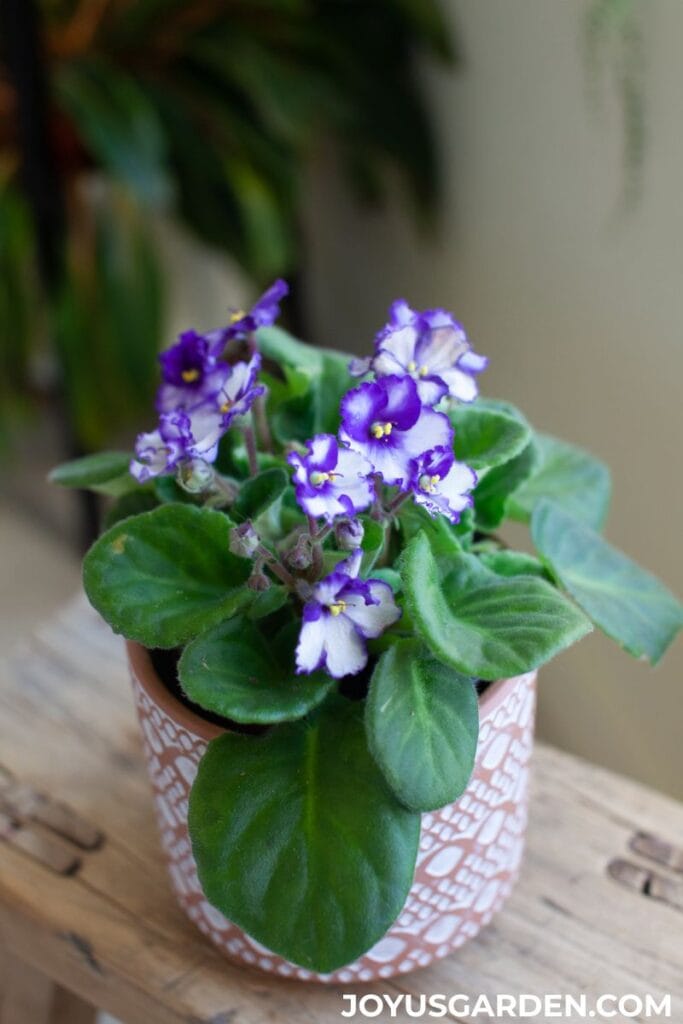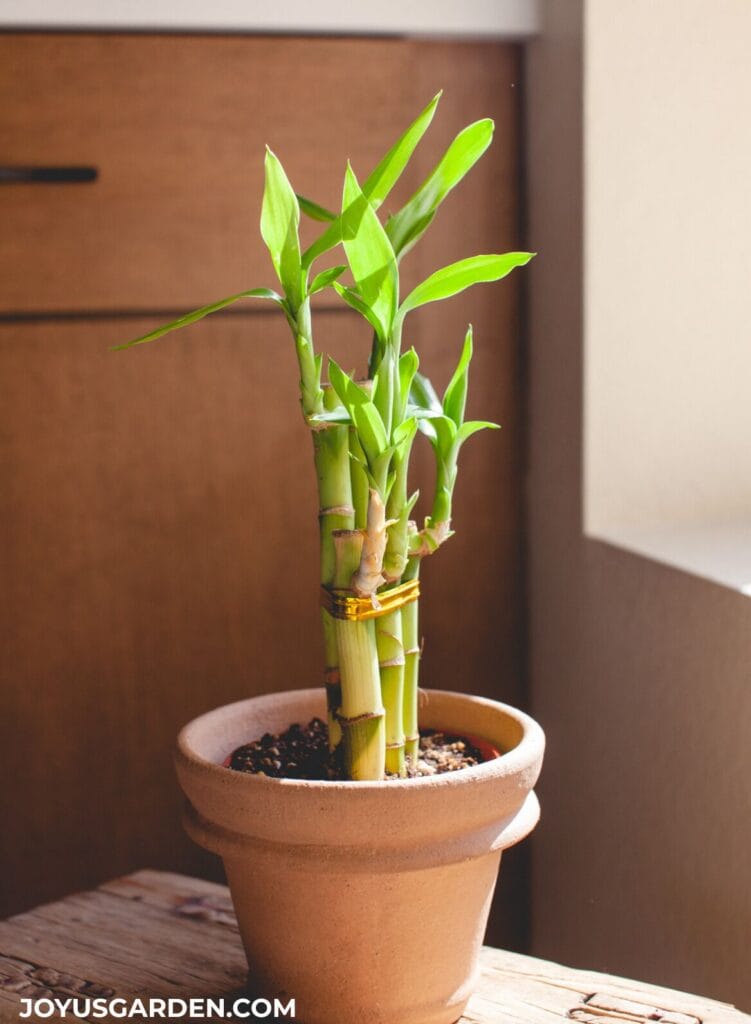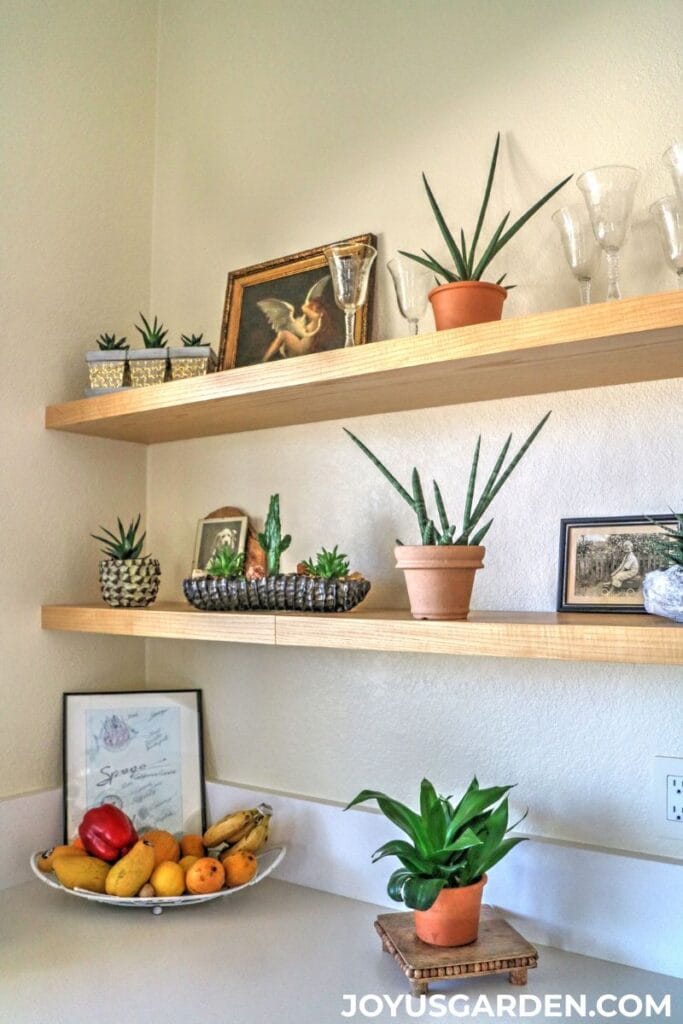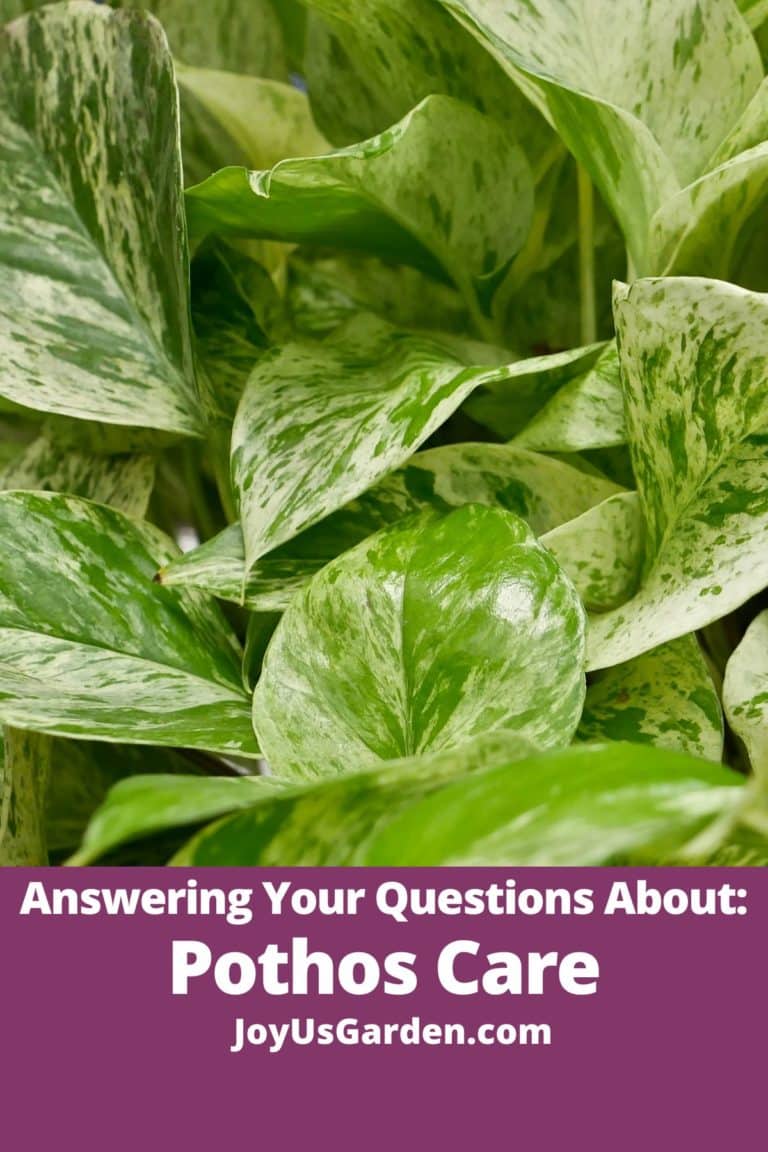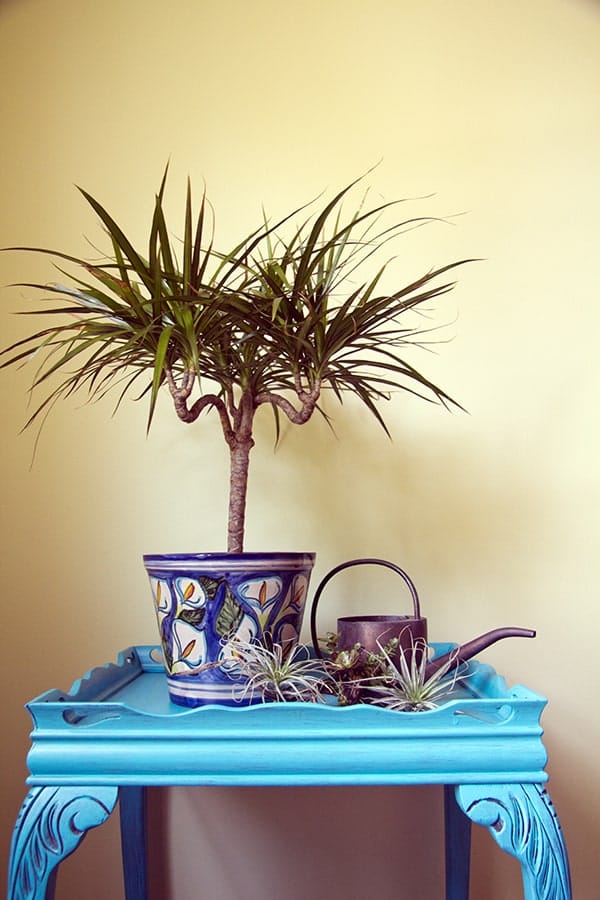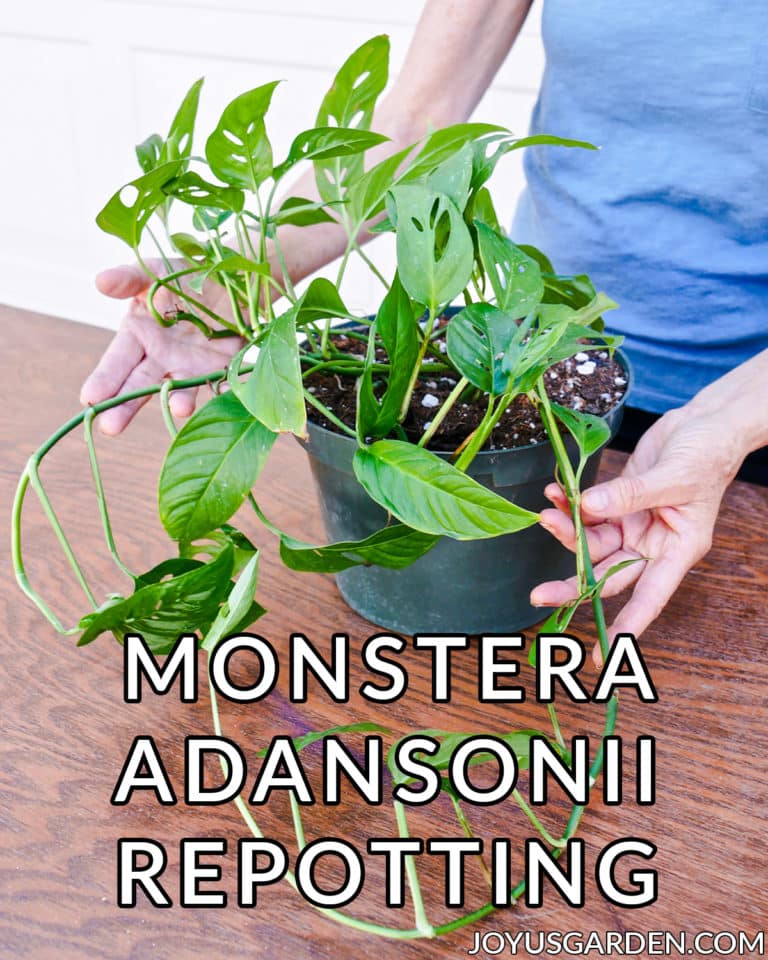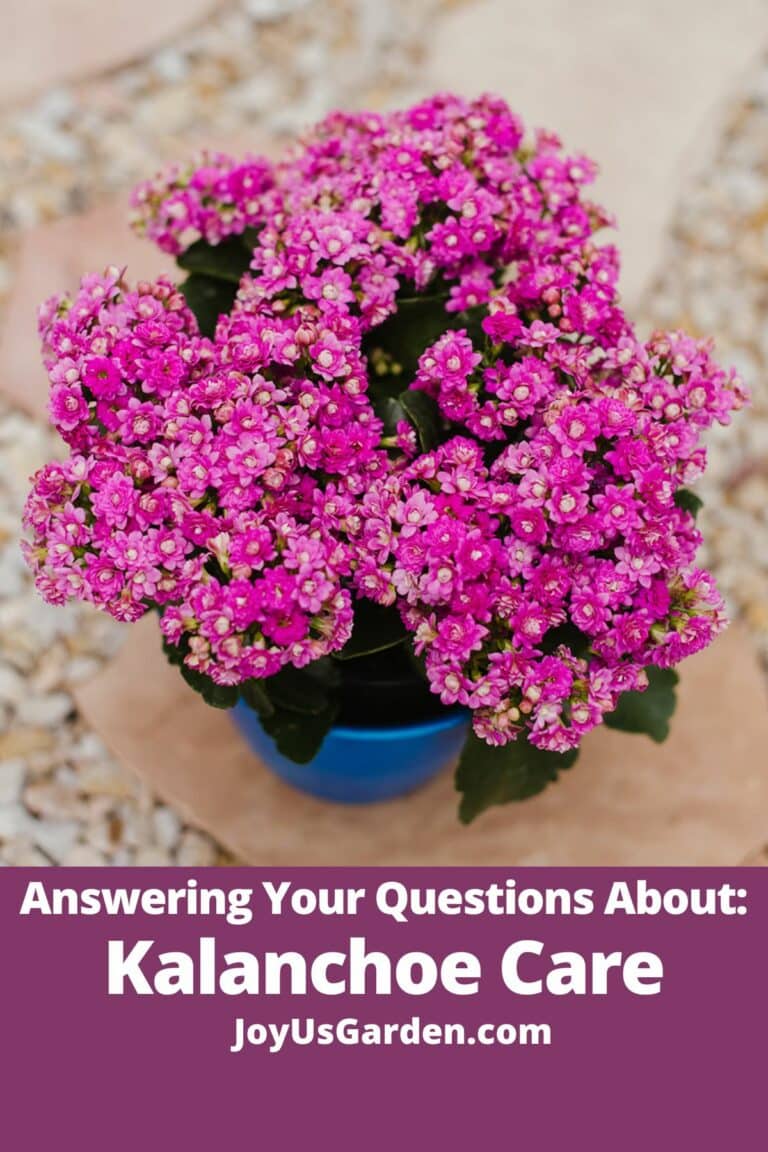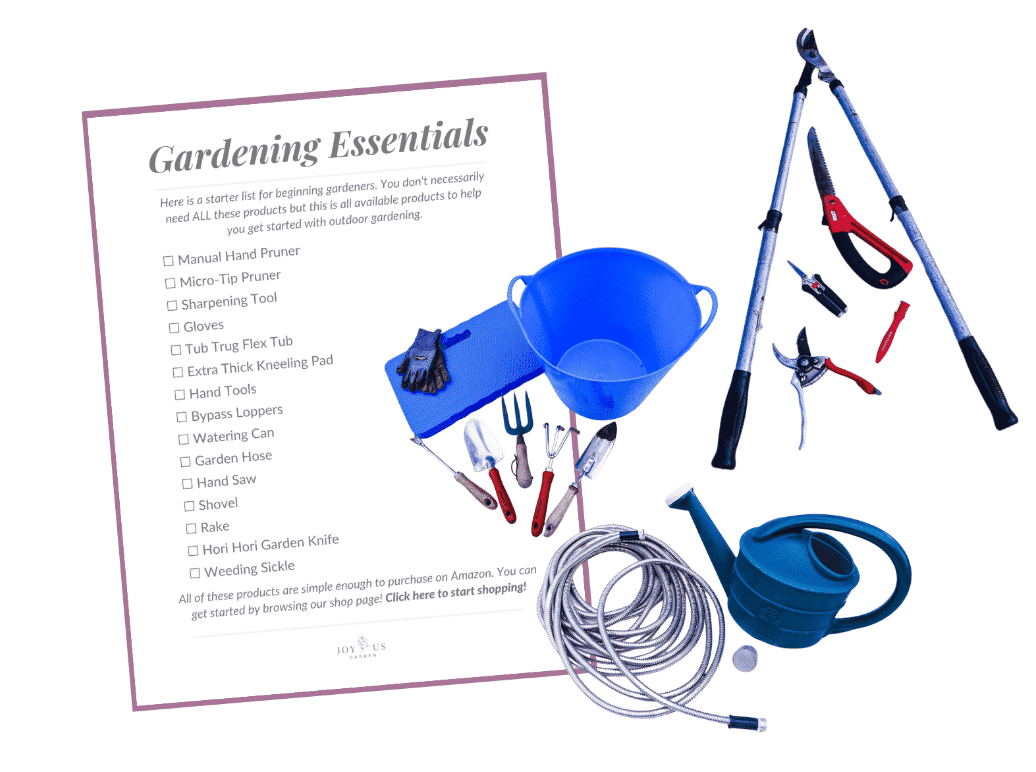The Best Indoor Plants For Small Spaces
Plants add so much life to our homes, but not every space has the room for a giant Fiddle Leaf Fig or Rubber Plant. Luckily, there are plenty of indoor plants for small spaces that stay compact or can be kept compact with a bit of pruning or the right pot size. You can have plants on your desk, countertop, shelves, or even trailing down a bookcase without feeling crowded.
I’ve been indoor gardening for over 50 years and know how fast some plants can take over a room. I prune my Golden Pothos four times a year to keep it in check. These are my go-to houseplants that naturally stay small, as well as ones you can keep manageable with a bit of care.
Indoor Plants For Small Spaces
Listed below are plants I’ve grown, or am currently growing. They stay naturally compact and won’t take over your shelves, counters, desks, etc. A few that grow a bit larger can be kept small with pruning or a smaller pot, staying under 1–2′.
Haworthia
The Zebra Haworthia is the most commonly sold Haworthia in the houseplant trade. They’re super easy to care for and tough enough that I also grow a couple outside year-round here in Tucson, AZ.
Read more: Zebra Succulent Care
Gasteria
Gasterias are also succulents and are just as hardy as Haworthias, but you don’t see them as often. They do well in lower light and are cared for the same way you’d care for a Zebra Haworthia.
Cacti
If you have plenty of natural light, cacti are a great choice—they’re known for going a long time between waterings. I grow several on the floating shelves in my kitchen, and all have stayed small, though a Gymnocalycium and Mammillaria are the tiniest of the bunch.
Read more: Indoor Cactus Care Guide
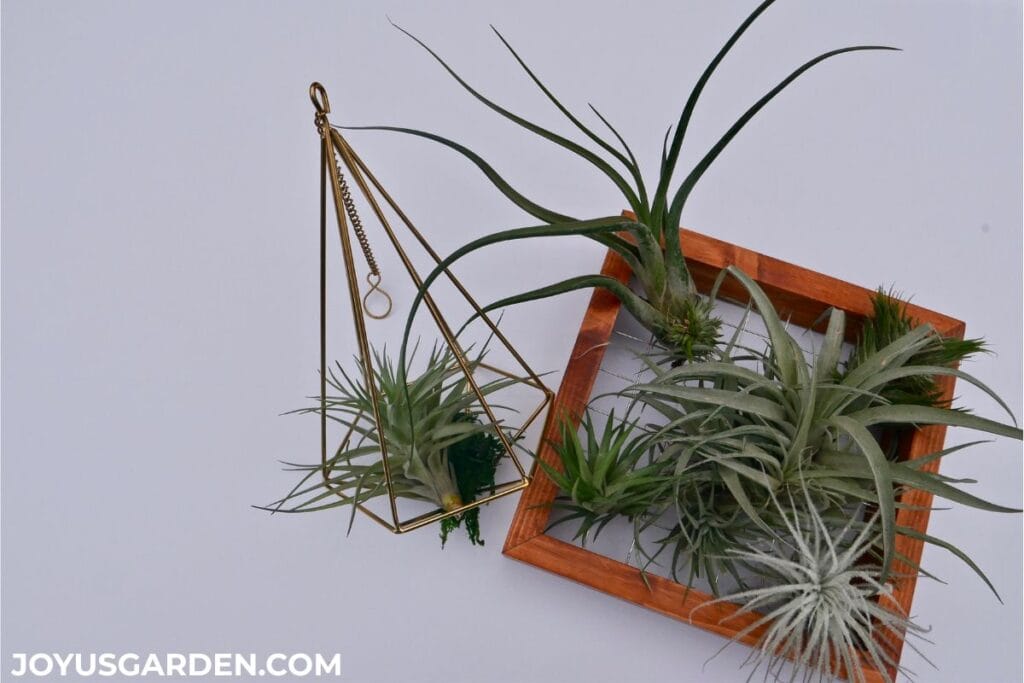
Air Plants
Air plants (tillandsias) grow without soil, and there are lots of ways to display them, so they become a living piece of art. They love humidity, so in drier homes, choose varieties with fuzzy leaves (trichomes), thicker leaves, or silvery foliage—they tend to do better indoors.
Read more: Air Plant Care, 10 Ways To Hang Air Plants
Snake Plants
There are many Snake Plants on the market, some reaching 6′. However, there are quite a few dwarf ones, including Starfish, Green Jade, Gold Star, Golden Hahnii, and Black Gold. These smaller ones (under 12″) grow slowly and won’t outgrow their 4″ pots any time soon.
Read more: Snake Plant Care Guide, 5 Types Of Snake Plants
Living Stones
If you want a very small plant, this is it! These fascinating and unique succulents are fun to mix and match in the same container. Growing tips here.
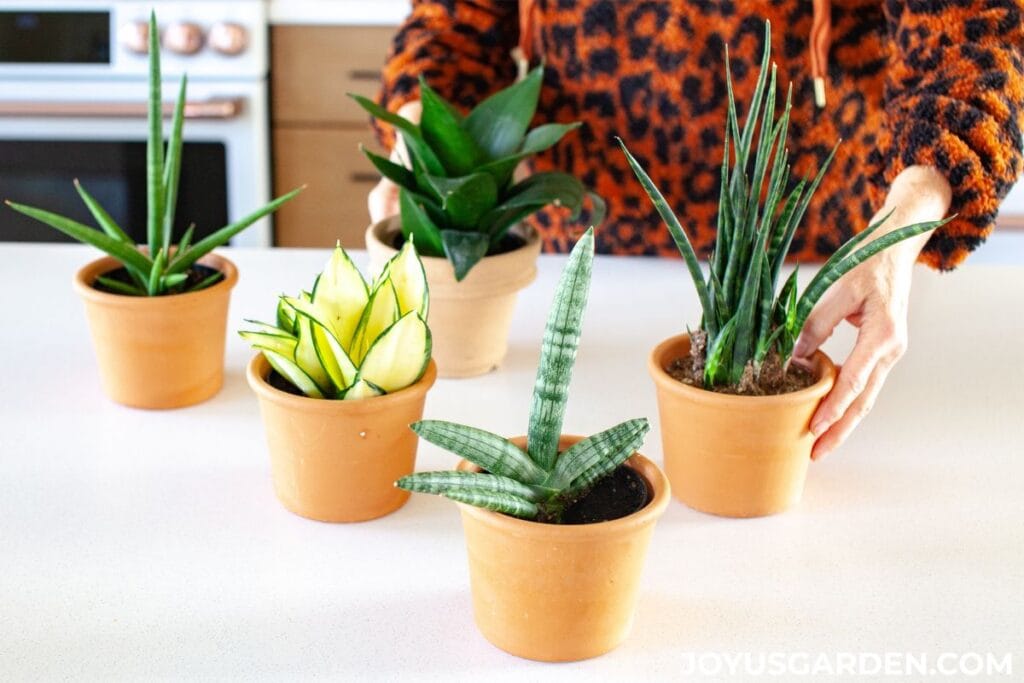
African Violets
African Violets have been favorites for generations. They range in size depending on cultivar, but those in the miniature to standard categories stay the smallest, from 3″ to 12″. When happy in their environment, they bloom often, and the flowers last a long time. Care tips here.
Phalaenopsis Orchids
Moth Orchids have dark, glossy leaves and beautiful, long-lasting flowers that grow on tall, arching stems. They’re the easiest orchids to grow at home and can bloom repeatedly for many years. Mini Phals are the smallest, usually reaching around 10 inches tall.
Read more: Phalaenopsis Orchid Care Guide
Lucky Bamboo
Lucky Bamboo is a fascinating plant that can grow in water for many years with proper care. You buy it by the stalk (stem), so you can choose the size, from 4″ to 4′ stems. Even an arrangement of five 3′ stalks doesn’t take up much space!
Read more: Lucky Bamboo Care, 26 Things To Know About Growing Lucky Bamboo In Water
Cryptanthus
Cryptanthus bromeliads are colorful, compact plants that can fit almost anywhere—especially the ones in 4″ pots. I have a Pink Earth Star on my desk in a 6″ pot, measuring 10″ wide by 8″ tall, and it flowers every year.
Read more: Cryptanthus Care
Money Tree
I’m including this one because mine stayed compact for years. I bought it in a 4″ pot, later moved it into a 6″ pot, and it hardly grew during the 5 years I had it. Native to tropical wetlands, it didn’t love the dry desert air, but I sure enjoyed its braided trunk and unique look.
Read more: Repotting A Money Tree
Peperomia Hope
This charming trailing plant has fleshy, round green leaves with a succulent-like look. It grows slowly to moderately, not requiring much pruning unless you want to keep the vines shorter. It’s perfect for a small shelf or tight spot where you’d like a little greenery to spill over.
Read more: Peperomia Hope Care
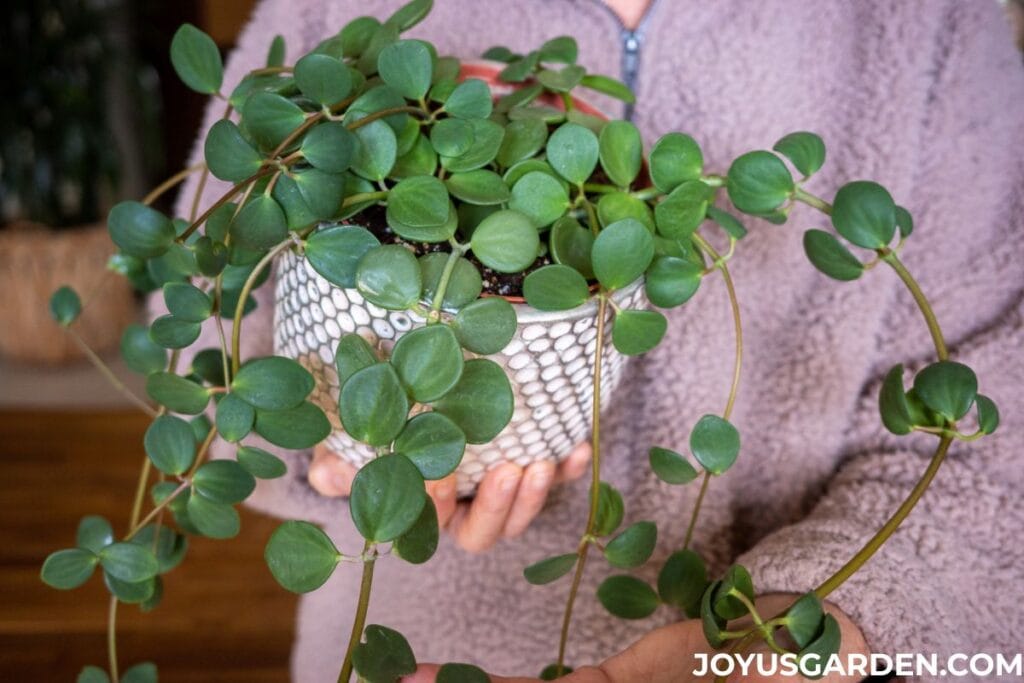
String Of Hearts/String Of Pearls
I grouped these two fascinating trailing succulents together because they have the same growth habit. Unlike fast growers such as pothos, these stay much more manageable. They don’t grow tall and can be kept around 2′ long with a yearly pruning.
Growing A String Of Pearls Plant, FAQs About Growing String Of Pearls Indoors, String Of Hearts Care, 7 Hanging Succulents To Love
General Care Tips For Small Houseplants
Light: The sweet spot for most houseplants is bright, indirect light. Keep them out of prolonged hot, direct sun so their leaves don’t get burned.
Water: Tiny pots (2–4 inches) dry out faster, so you’ll need to water a bit more often than the same plant in a larger pot. Just be careful not to overdo it—too much water will cause root rot. Finding the right balance takes a little practice and may change with the seasons.
Soil & Drainage: Make sure your potting mix drains well and is well aerated—houseplants don’t like sitting in soggy soil. Use pots with drainage holes so excess water can easily flow out.
Water Quality: Some plants are sensitive to minerals in our tap water. Using filtered or distilled water can help keep leaves healthy and looking good. If you want to save a little money, try mixing half filtered water with half tap water.
Pruning: The best time to prune your small indoor plants is during the growing season (spring through early fall). Regular pruning keeps them healthy and helps them stay the right size for your space.
The Best Indoor Plants For Small Spaces Video
Small Space Indoor Plant FAQs
What’s the best way to display small houseplants in a tiny space?
There’s no one way-you have plenty of options! Small plants work well on hanging, floating, or wall shelves; on a bookcase or side table; a kitchen island; a narrow plant stand; a desk; acrylic window shelves; in a terrarium or dish garden, or grouped with other plants. The key is to find spots where they get the right light.
Do small houseplants grow slower than large ones?
Not really. Growth rate depends on the plant (its natural growth habit sets the pace), but small pots and lower light conditions can slow it down.
Can I keep several small plants together in one pot?
Yes. The plants must have similar light, water, and soil needs, and the pot needs to be big enough to give them room to grow. Over time, they may crowd each other out, so you’ll need to separate them or repot them into a larger container.
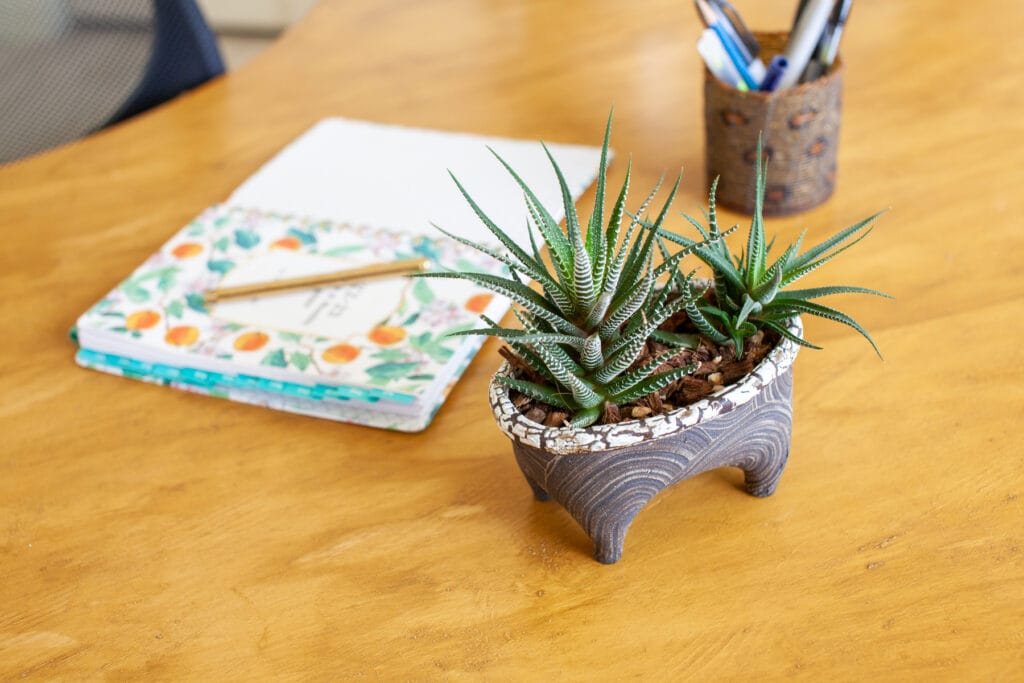
Conclusion: Small houseplants are just the ticket when it comes to enjoying greenery without feeling cramped. Even select larger plants can easily be kept to a small size with the right pot and a little pruning and training. No matter how much room you have, there’s always a plant that will fit your space.
Happy gardening,


